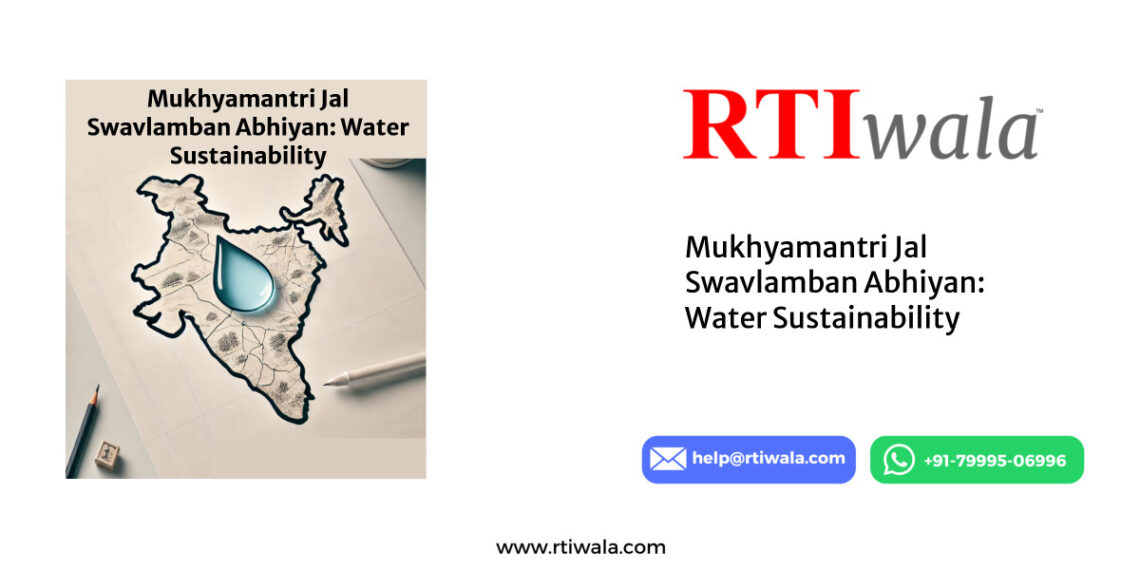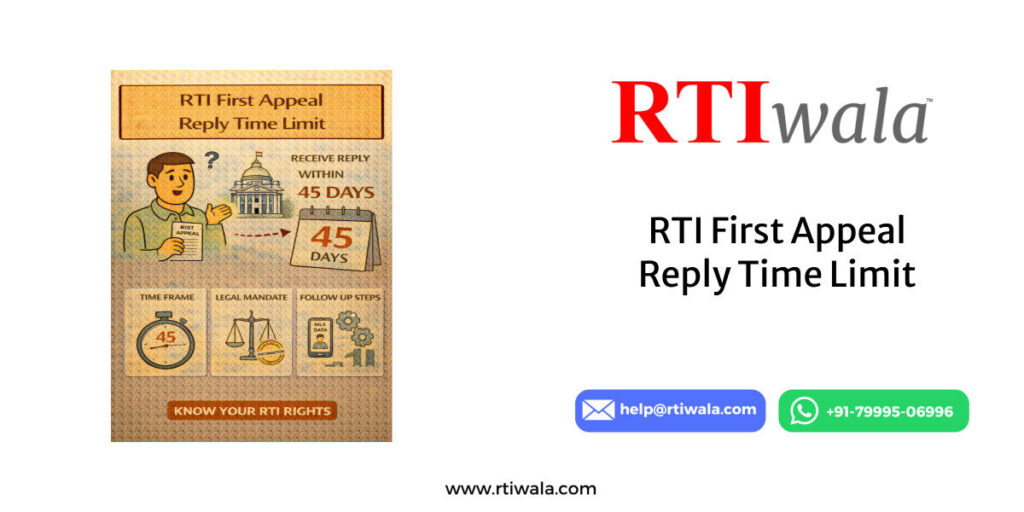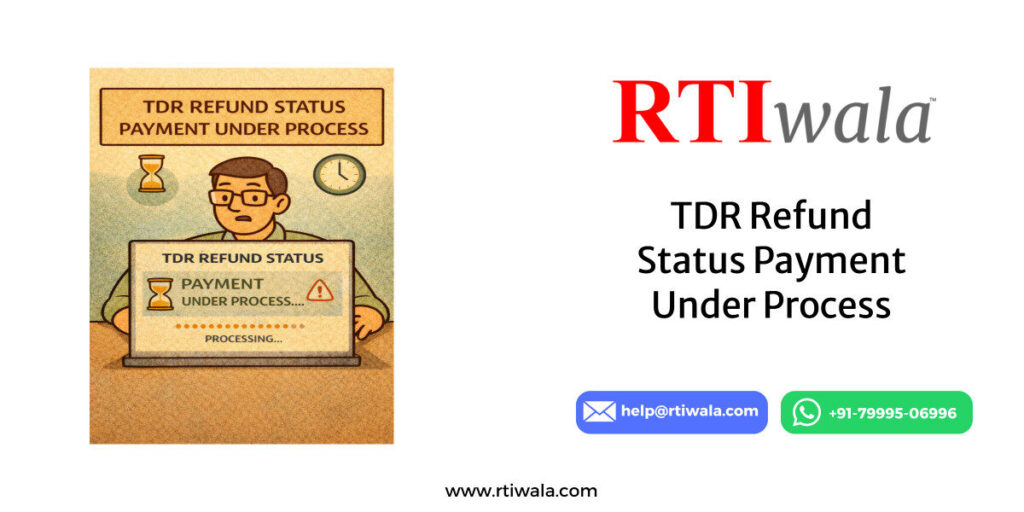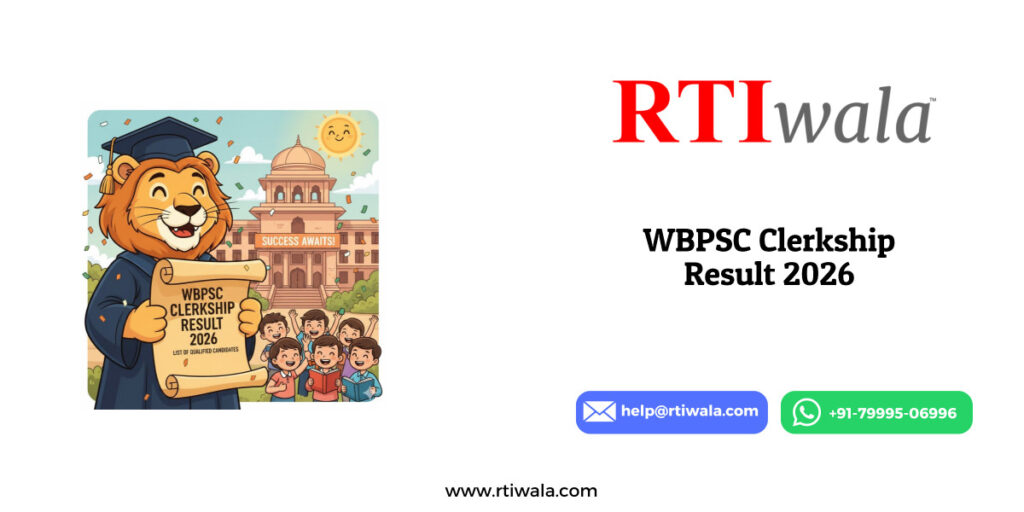Introduction to Mukhyamantri Jal Swavlamban Abhiyan
The Mukhyamantri Jal Swavlamban Abhiyan (Chief Minister’s Water Self-Sufficiency Campaign) is a flagship initiative launched by the Government of Rajasthan to address the critical issue of water scarcity in the state. Given Rajasthan’s arid climate, where water resources are limited, this scheme aims to promote water conservation and rejuvenate traditional water systems.
The goal of the campaign is to empower communities to become self-sufficient in managing their water resources, focusing on conservation, rainwater harvesting, and the rejuvenation of water bodies like ponds, lakes, and wells. By promoting the sustainable use of water, the scheme aims to ensure that every household has access to clean and adequate water, reducing dependency on external sources.
Objectives of the Scheme
The Mukhyamantri Jal Swavlamban Abhiyan has several key objectives, including:
- Water Conservation: Promoting water-saving techniques, such as rainwater harvesting, and conservation practices across the state.
- Rejuvenation of Water Bodies: Reviving and maintaining traditional water storage systems like ponds, stepwells, and johads (check dams).
- Community Participation: Encouraging local communities to take ownership of their water resources, ensuring sustainability and equitable distribution.
- Self-Sufficiency in Water Supply: Making villages and rural areas self-reliant in managing their water resources and reducing their dependence on external supplies.
- Promotion of Eco-Friendly Practices: Integrating eco-friendly techniques like drip irrigation and water-efficient farming practices into agricultural operations.
Key Features of Mukhyamantri Jal Swavlamban Abhiyan
- Revival of Water Bodies: The campaign focuses on restoring traditional water bodies like ponds, tanks, and stepwells, which were historically vital sources of water for rural communities.
- Water Harvesting Systems: The government encourages and provides incentives for installing rainwater harvesting systems in homes, schools, and community centers.
- Community Engagement: The Abhiyan involves local communities, NGOs, and panchayats in its implementation to ensure collective responsibility and ownership.
- Infrastructure Development: The scheme includes the construction of new water storage facilities, check dams, and canals to improve water storage and distribution systems.
- Sustainable Agriculture: The campaign promotes sustainable farming methods, including water-efficient irrigation systems, to conserve water resources in agriculture.
- Training and Awareness: Local communities are trained on water management, conservation methods, and the importance of maintaining water bodies.
Eligibility Criteria for Beneficiaries
The Mukhyamantri Jal Swavlamban Abhiyan is open to a wide range of beneficiaries, including:
- Rural Communities: Villages and towns in Rajasthan, particularly those facing severe water scarcity, are eligible for assistance.
- Farmers: Farmers who are looking to implement water-efficient irrigation methods or harvest rainwater on their agricultural lands can benefit from the scheme.
- Educational Institutions: Schools and colleges can participate in the campaign by adopting rainwater harvesting systems to conserve water.
- NGOs and Community Organizations: Non-governmental organizations working on water conservation or environmental issues can collaborate with the government to implement the scheme.
- Urban Areas: Urban localities can also apply to implement rainwater harvesting and water management initiatives.
How to Participate in the Abhiyan
Individuals, communities, and organizations interested in participating in the Mukhyamantri Jal Swavlamban Abhiyan can follow these steps:
- Visit the Official Portal: Check for notifications and announcements related to the Abhiyan on the Rajasthan Government’s official website.
- Submit a Proposal: Villages, schools, farmers, or NGOs must submit proposals detailing their intended water conservation or rainwater harvesting projects.
- Training and Workshops: Attend training sessions organized by the government to understand water management practices and conservation techniques.
- Implementation of Projects: Upon approval, beneficiaries can begin implementing water conservation measures, including installing rainwater harvesting systems or revitalizing traditional water bodies.
- Monitoring and Reporting: Regular updates and reports about the progress of water management initiatives must be submitted to local authorities to track the effectiveness of the scheme.
Impact of Mukhyamantri Jal Swavlamban Abhiyan
Since its inception, the Mukhyamantri Jal Swavlamban Abhiyan has had a positive impact on water sustainability in Rajasthan. Key outcomes include:
- Improved Water Availability: The rejuvenation of ponds, stepwells, and other water bodies has increased the availability of water for both consumption and irrigation.
- Enhanced Agricultural Productivity: Farmers who have adopted water-efficient irrigation techniques are witnessing better crop yields despite the arid climate.
- Community Empowerment: Local communities have become more involved in the management of their water resources, leading to a sense of ownership and collective responsibility.
- Environmental Conservation: By promoting eco-friendly water conservation techniques, the scheme has contributed to environmental sustainability in the region.
Challenges and Suggestions for Improvement
Challenges:
- Inadequate Infrastructure: Some rural areas still lack the necessary infrastructure to implement large-scale water conservation projects.
- Climate Variability: The unpredictable weather patterns and low rainfall in Rajasthan continue to pose a challenge to the scheme’s long-term success.
- Lack of Awareness: Many people are still unaware of the benefits of rainwater harvesting and water conservation techniques.
Suggestions for Improvement:
- Increased Funding: More financial support should be allocated to improve infrastructure for water conservation projects.
- Wider Awareness Campaigns: Intensive awareness programs can help spread knowledge about the importance of water conservation and the methods available.
- Technology Integration: Incorporating modern technologies, such as digital water monitoring systems, can help in better managing water resources.
FAQs on Mukhyamantri Jal Swavlamban Abhiyan
- Who can participate in the Mukhyamantri Jal Swavlamban Abhiyan?
Anyone residing in Rajasthan, including farmers, local communities, schools, and NGOs, can participate in the campaign. - How do I apply for assistance under the scheme?
Applications can be submitted via the Rajasthan Government’s official portal or local government offices, outlining the intended water conservation activities. - What types of water conservation methods are promoted under the scheme?
Rainwater harvesting, rejuvenation of traditional water bodies, eco-friendly irrigation systems, and watershed management are key components of the Abhiyan. - What is the duration of the scheme?
The scheme is ongoing and aims to achieve long-term sustainability in water conservation across the state. - Are there financial incentives for implementing water conservation measures?
Yes, financial assistance and subsidies are provided for implementing water conservation projects like rainwater harvesting systems and infrastructure improvements.
Conclusion
The Mukhyamantri Jal Swavlamban Abhiyan is a critical initiative aimed at solving one of the most pressing issues facing Rajasthan today—water scarcity. By focusing on sustainable water management practices, the scheme is empowering communities to take control of their water resources, ensuring that future generations have access to clean, abundant water.
The success of this campaign depends on the active participation of citizens, local bodies, and the state government. With continued awareness, investment, and collaboration, Rajasthan can set a remarkable example of water sustainability and self-sufficiency for the rest of the country.





















































